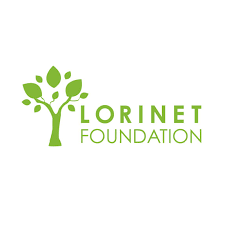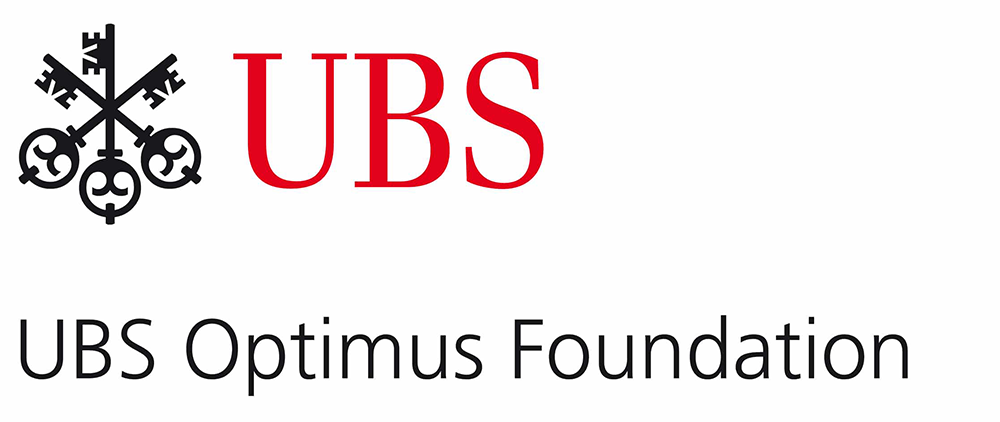Combining Global Evidence and Local Insights: Strengthening Lorinet Foundation’s Early Childhood Education Investment Strategy in Mongolia

Type of RFE service: Learning Agenda
The Right-Fit Evidence (RFE) Unit at IPA partnered with the Lorinet Foundation and UBS Optimus Foundation to build an early childhood education (ECE) investment strategy for Lorinet Foundation in Mongolia. Using a structured evidence review and local contextualization process, RFE identified interventions with the highest potential impact for Mongolian children. This work strengthened Lorinet’s ability to generalize global ECE evidence with local context, ensuring investments are relevant, feasible, and evidence-based.
Funders often struggle to translate global research into actionable local strategies. While evidence exists on what works in different countries, applying it to a specific country context is challenging. The Lorinet Foundation and UBS Optimus Foundation aimed to expand early childhood development (ECD) programming in Mongolia, and wanted to know how best to leverage existing evidence to build their strategy given the country’s unique socio-economic landscape, service delivery constraints, and policy environment.
To bridge this gap, RFE collaborated with the Lorinet Foundation and UBS Optimus Foundation to adapt global ECE evidence to Mongolia. The project sought to identify interventions that were both effective and feasible, helping Lorinet maximize the impact of its investments and serve as a model for evidence-based adaptation in other contexts.
RFE applied the Generalizability Puzzle framework to assess how global ECE evidence could be effectively adapted to Mongolia’s unique context. This approach involved three key steps: evaluating the strength of global evidence, assessing how well it applied to Mongolia’s needs, and analyzing implementation feasibility given existing local systems and resources. Through this structured method, RFE helped Lorinet systematically identify interventions that were both effective and practical for scale-up.
By integrating rigorous research with contextual analysis, RFE empowered Lorinet to make more strategic, evidence-driven decisions, ultimately improving early learning opportunities for Mongolian children. This includes the following outcomes:
- Strategic investment prioritization: Using the Generalizability Puzzle, RFE helped Lorinet assess interventions across three dimensions—effectiveness, relevance, and feasibility. This led to prioritizing ECE strategies that align with Mongolia’s rural-urban education divide, caregiver roles, and existing service delivery models.
- Contextualized evidence use: The framework ensured that global best practices were not applied indiscriminately but tailored to Mongolian realities. Working through a local qualitative researcher, IPA gathered information to test the key assumptions underlying the theory of change of each proven intervention from the evidence review. This included analyzing intervention delivery mechanisms, workforce capacity, and funding constraints, leading to a more realistic and impactful investment roadmap.
- Sector-wide learning and influence: Findings were disseminated at key global and national forums, including the Evidence and Implementation Summit, Global ECD Funders Network and Mongolian ECD Network Conference, sharing this model for funders looking to align global research with local needs, as well as actionable insights for Mongolian ECD sector stakeholders.
Partners














